Career Design
What is Career Design?
Engage in the Career Design process to develop your career through self-assessment, career research, experiential learning, thoughtful reflection, and development of essential career skills. Career Design integrates and builds upon experiences throughout your educational career; through intentional design, you build toward an end goal, rather than pre-determining a career outcome based solely on a passion or interest at a given time. Through Career Design, you will work to develop the skills and qualities employers want, while mapping a path toward purposeful, fulfilling work.
Below you will find how a Career Educator can help and the resources you can use to design your career. To continue your career journey, meet with a Career Educator today!
When you design your career, it's okay not to know exactly what you want to do. You aren’t pressured to choose one path. You will use strategies and learn skills to get “unstuck” as you pursue a career and life you love. Meet with a Career Educator to begin the Career Design process from wherever you might be in you career journey.
Your Career Educator will listen to your interests, ideas, goals, questions, and concerns. Additionally, they will discuss with you and help you evalaute what you value about education and work in general. Together, you will create a roadmap to creating a design plan that will work for you.
The better you know yourself, the better you can see where your unique talents, skills, abilities, and interests line up with career choices that are more likely to be fulfilling. Self-assessment provides a foundation for the development of purpose. Set-up an appointment with a Career Educator to build a self-assessment plan to meet your specific needs.
Your Career Educator will discuss career assessment options so you can learn even more about your interests, personality, values, and career and major options.
In addition to considering your major, develop your response to “What problem am I going to solve?” When you think beyond your course of study, you can begin mapping and developing your purpose and the meaning behind your work at Montana State University.In this rapidly changing and competitive world, it is crucial to examine problems and how they can be solved. In addition to choosing a major, Career Design asks you to consider the purpose of that study and how you can contribute to solving the world’s most pressing issues.
Your Career Educator will work with you to learn about career options and discover the impact you want to have on the world. In addition to thinking about what major and what job or occupation that will lead to, you will work with your Career Educator to understand the purpose and impact of the work you want to perform.
A prototype is a version or draft of an end product. When you prototype your future, you genreate ideas and seek to learn more about a major, occupation, or career field. Prototyping is a great way to "get unstuck" when it seems difficult to make a decision. Prototyping helps you generate more questions about your future, allowing you to further investigate your options and refine your plan moving forward.
Your Career Educator will assist you in ideation and brainstorming activities that will provide you with a plan of action for learning about various career options. Seeking potential opportunties through attending career fairs and information sessions, networking with employers and professionals, informational interviewing, and searching for internships and other experiential learning are all great ways to build prototypes of your future career.
Testing reality means you engage in experiential learning, like internships, research, and student employment, to test out a job, work activitiy, or interest area. By testing reality, you learn what you like and what you don't. You learn what changes you might need to make in pursuing a career path and new infromation that will be help you moving forward, including career competency development to ensure you are prepared to enter the workforce.
Your Career Educator will help you search for an internship or other experiential learning. Furthermore, by applying for internships, research positions, and student employment, your Career Educator will assist you with development of essential career skills, like resume writing and interviewing skills. You can also meet with your Career Educator to discuss what you are learning from your experience and how it you can document this in an ePortfolio.
Whether you are a freshman in college, recent graduate, career changer, or pursuing graduate school, you can apply your designer's mindset for career advancement, professional developement, and continued career satisfaction.
Your Career Educator will help you develop and practice essential career skills, like resume writing, interviewing, networking, developing your online presence, how to pursue new career opportunities and graduate/professional school.
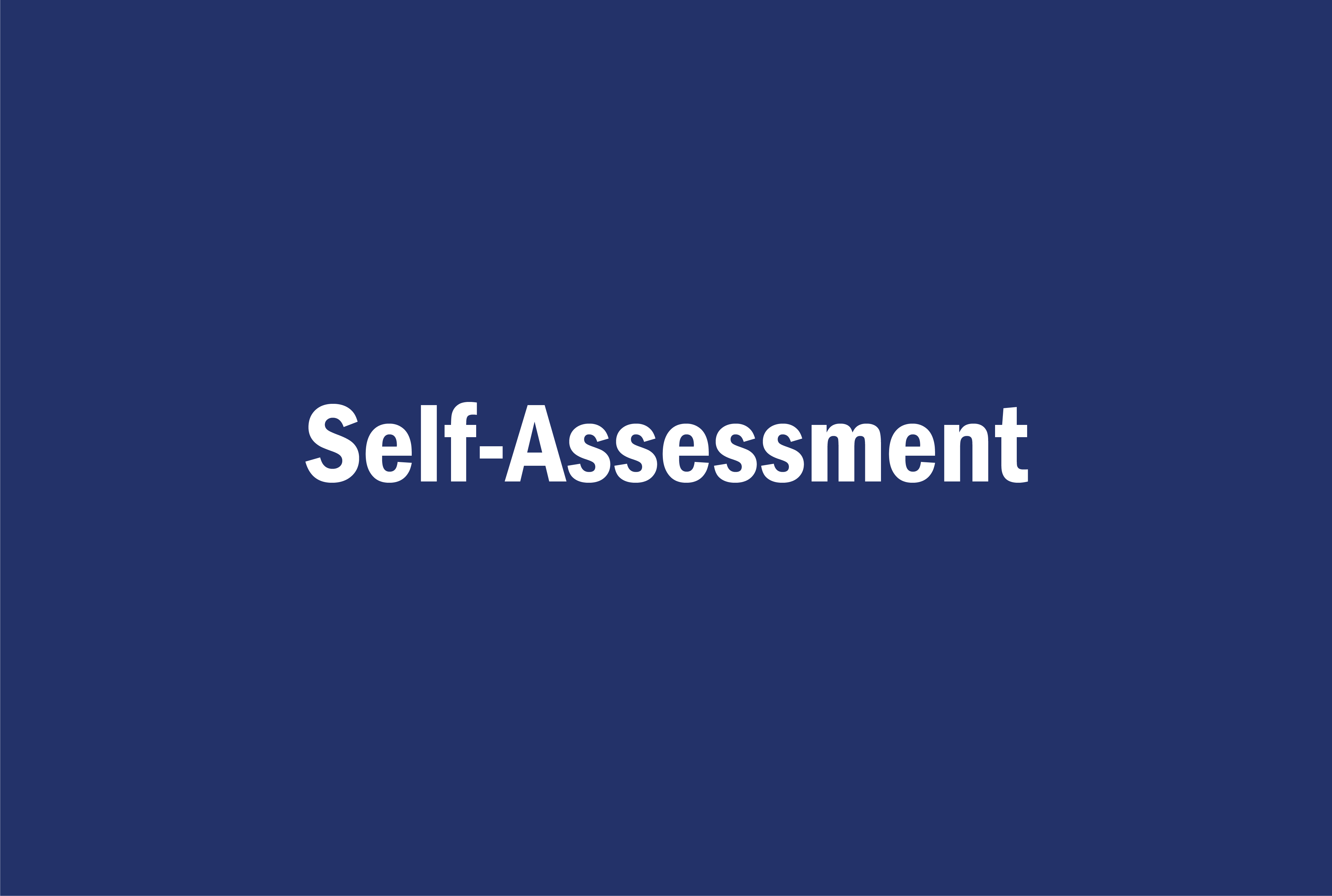 |
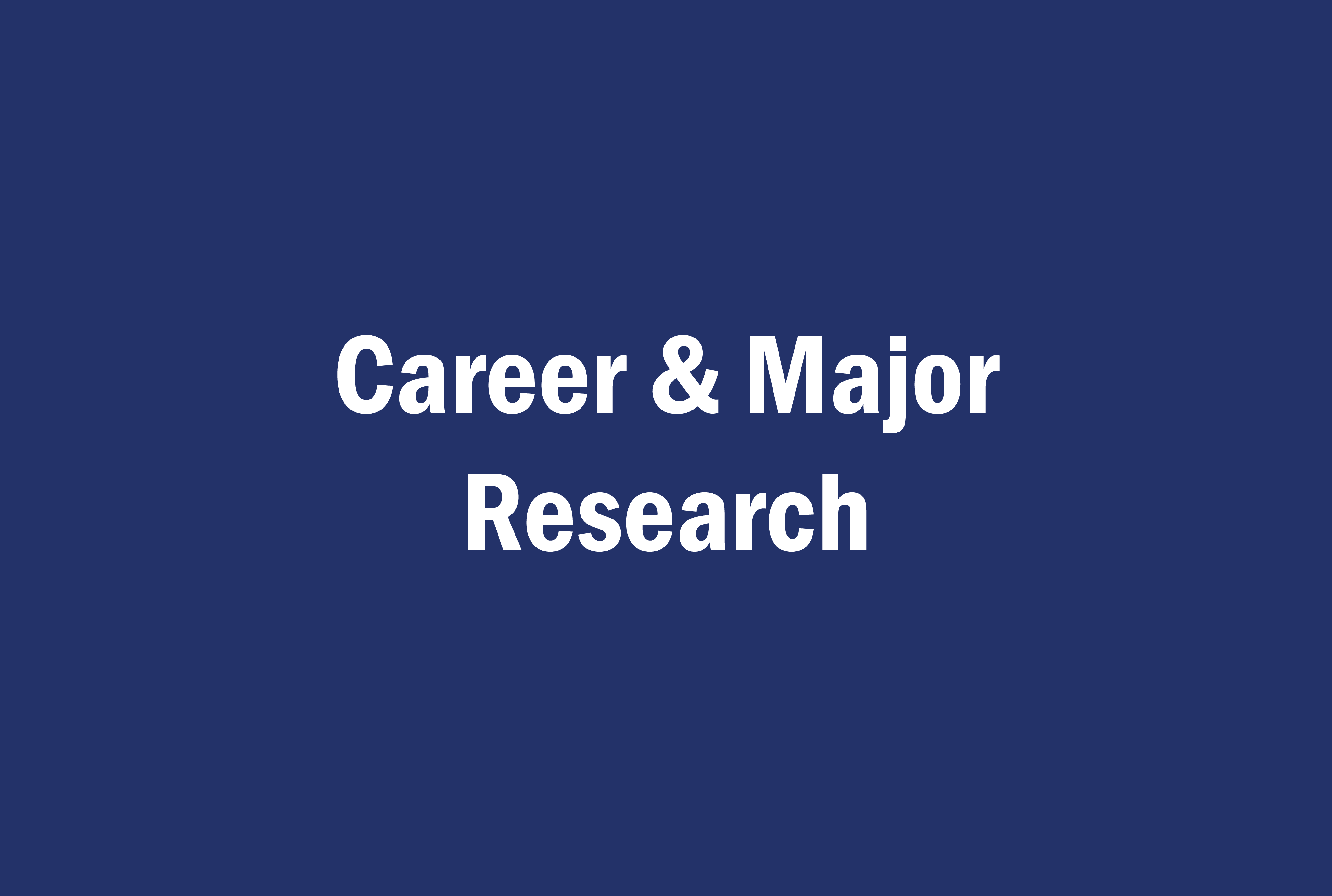 |
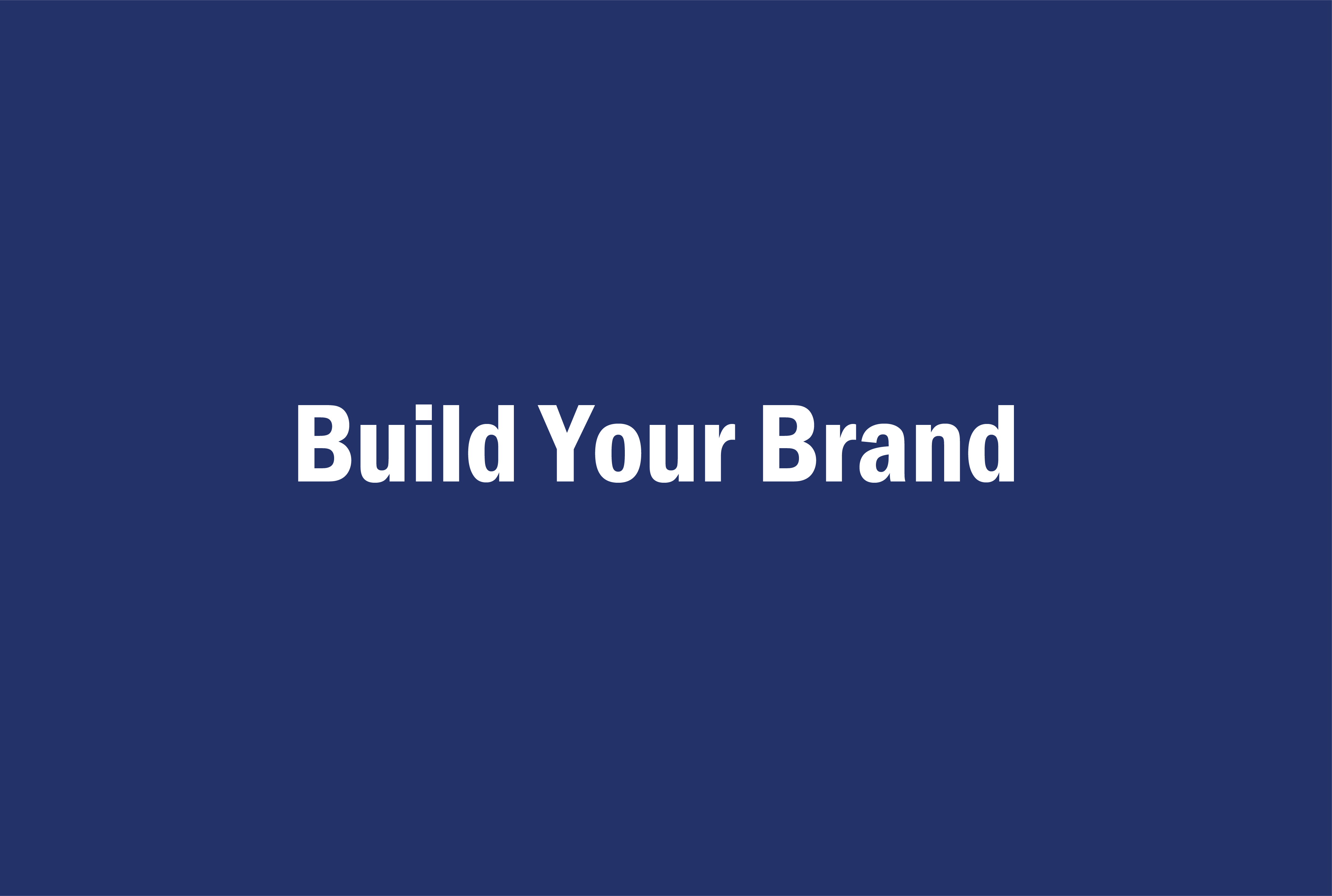 |
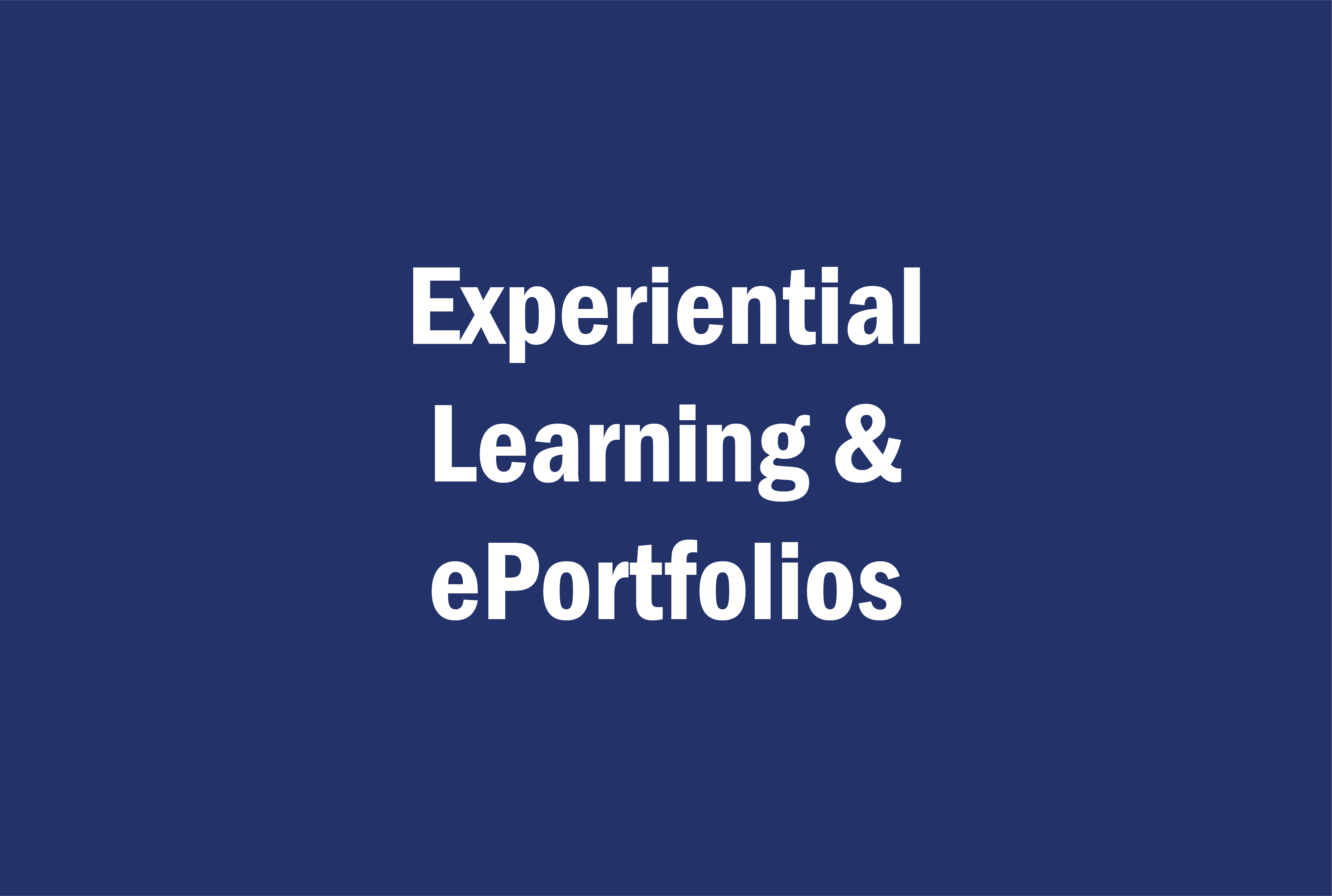 |
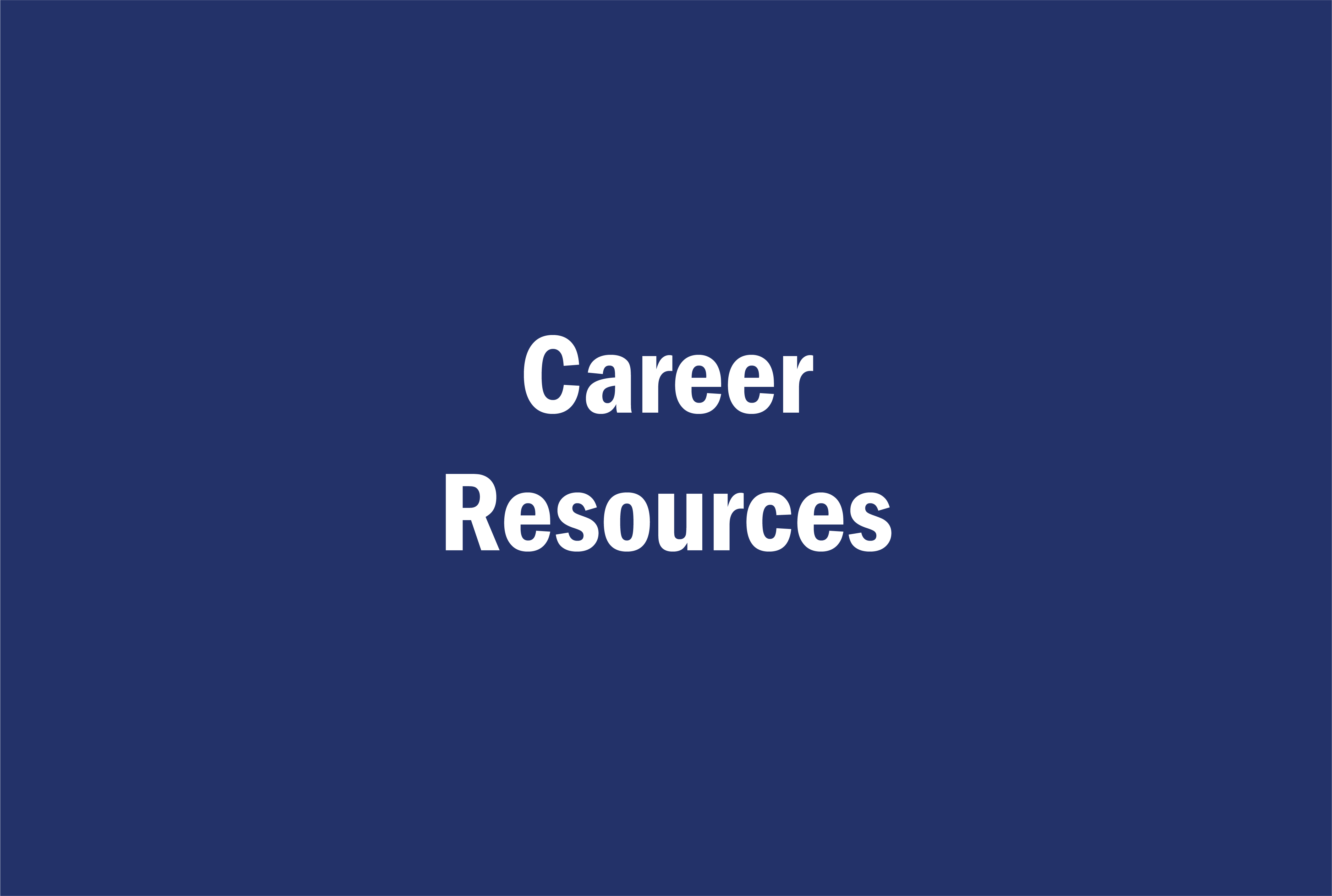 |
